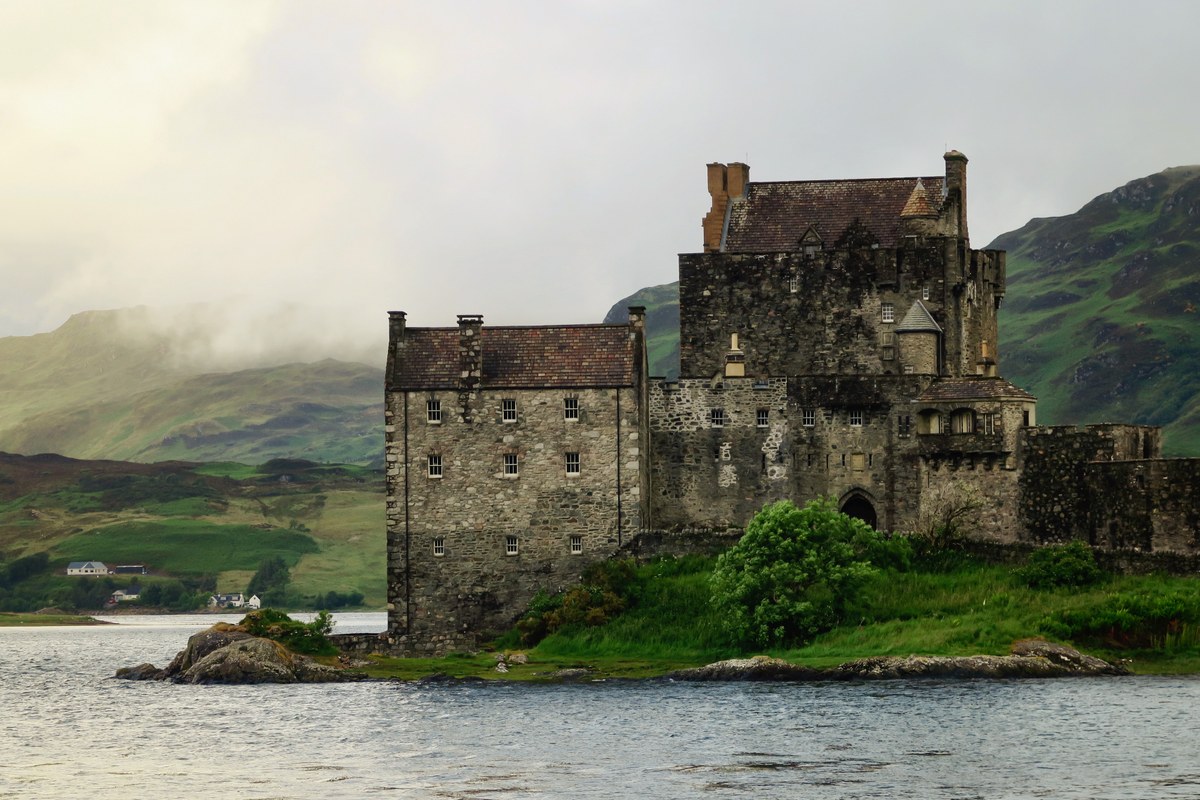SHELTER
Sustainable Historic Environments hoListic reconstruction through Technological Enhancement and community based Resilience

Over the last decades, as a consequence of the effects of climate change, cultural heritage has been impacted by an increasing number of climate related hazards, posing new challenges to conservators and heritage managers. SHELTER aims at developing a data driven and community based knowledge framework that will bring together the scientific community and heritage managers with the objective of increasing resilience, reducing vulnerability and promoting better and safer reconstruction in historic areas.
The first step to enhance resilience is associated to the improvement in understanding the direct and indirect impacts of climatic and environmental changes and natural hazards on historic sites and buildings, by linking concepts commonly used in disaster risk management and climate change adaptation with cultural heritage management, in order to provide inclusive and informed decision-making. Comprehensive disaster risk management plans need to be drawn up, based on the specific characteristics of cultural heritage and the nature of the hazards within a regional context, taking into account the diverse heritage typologies as well as the specific socioeconomic conditions, since this directly affect the vulnerability of such systems. By a deep understanding of the hazard, the exposure and the vulnerability of the historic area, the local dynamics and the provision of innovative governance and community based models, it is possible to provide useful methodologies, tools and strategies to enhance resilience and secure sustainable reconstruction.
Due to the information complexity and the diverse data sources, SHELTER framework will be implemented in multiscale and multisource data driven platform, able to provide the necessary information for planning and adaptive governance. All the developments of the project were validated in 5 open-labs, representative of the main climatic and environmental challenges in Europe and different heritage’s typologies.
Funding programme
Horizon 2020
Project timeframe
2019 - 2023
UNIBO Role
Partner
Website